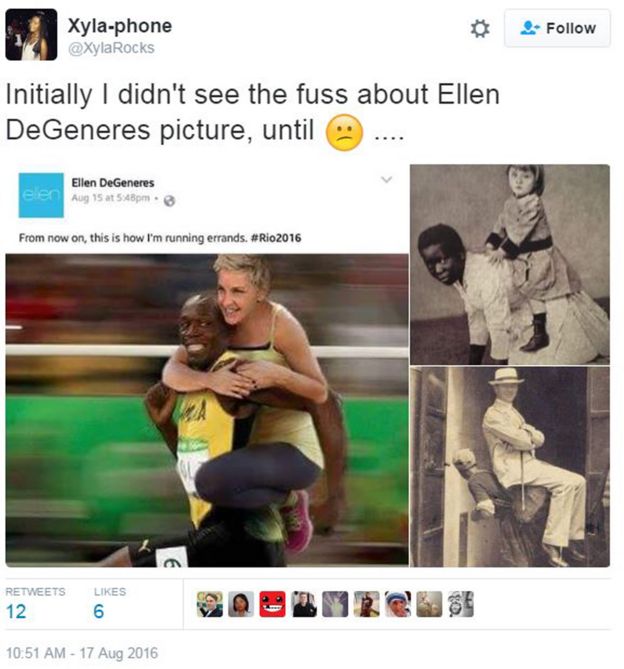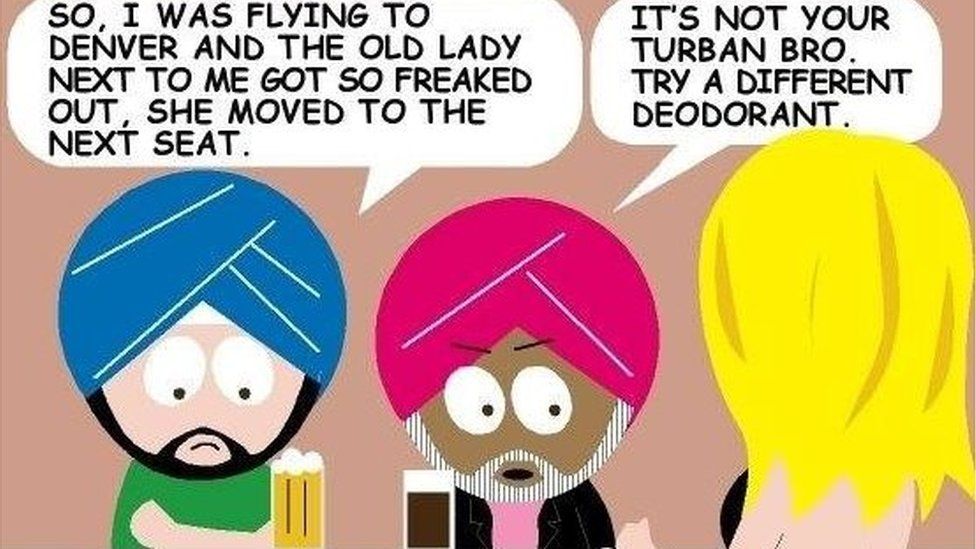Top 10 Racist Jokes: Get Ready To Cringe & LOL!
Can humor truly transcend the boundaries of decency, or do some jokes inevitably cross the line into harmful territory? The enduring popularity of "racist jokes" is a testament to their complex nature, even as their potential to inflict pain and perpetuate prejudice remains a significant concern.
The landscape of comedy is often a reflection of society's own complexities, grappling with sensitive issues and trying to find ways to make people laugh, even if that means pushing boundaries. Jokes, at their core, are a narrative or short story, built upon either fact or fiction, intended to elicit amusement. However, when the subject matter becomes inherently divisive, the intent of a joke can be overshadowed by its impact. This is particularly true with racist jokes, which often target specific racial groups with stereotypes or derogatory remarks.
The allure of racist jokes is a multifaceted issue. Some comedians have used such jokes to comment on the absurdity of prejudice or highlight the irrationality of racist beliefs. By exposing the stereotypes in a comedic manner, they attempt to undermine their power. However, the very act of using racist jokes can normalize or amplify those stereotypes, regardless of the comedians intent. It's a fine line, and one that often leads to significant debate.
The internet has undoubtedly changed the way we consume and share humor. Online platforms have created spaces for jokes to spread rapidly, reaching a global audience in an instant. This speed, coupled with the anonymity afforded by the internet, can encourage users to share material that they might not otherwise. Social media algorithms can also play a role, potentially amplifying divisive or offensive humor based on users' online behavior. This has led to a complex interplay of factors that contribute to the spread and impact of racist jokes.
The psychological effects of racist jokes are not to be underestimated. Such jokes can have profound effects on individuals and communities, contributing to a culture of discrimination and exclusion. They can perpetuate harmful stereotypes, making it more difficult for people to overcome prejudice and build positive relationships. The constant barrage of such humor can also contribute to feelings of marginalization and disrespect, impacting mental health and well-being. While the focus on the present, or the concept of 'yolo', urges us to live life to the fullest, we must recognize that the presence of racist jokes contradicts that positive outlook. Society needs to examine the harm inflicted by these jokes to foster a more inclusive environment.
| Category | Details |
|---|---|
| Definition of Jokes | A story or a short narrative based on fiction or fact. |
| Nature of jokes | The intention is to generate amusement, making them a complex cultural phenomenon. |
| Focus | Racial stereotypes, discriminatory language, and offensive content. |
| Impact | Can normalize prejudice and harm marginalized groups. |
| Platform | Internet forums, social media, and blogs. |
| Psychological effects | Perpetuates harmful stereotypes, contributes to discrimination, and leads to marginalization. |
| References | Wikipedia |
The delivery of a joke is just as critical as the content itself. Context is everything. Jokes meant to highlight the absurdity of racism may be misinterpreted if not delivered with care. Conversely, jokes that overtly employ stereotypes without any social commentary can reinforce harmful prejudices. It's a challenging tightrope walk, and the audience's perception is the ultimate judge. The role of the comedian becomes even more critical as they navigate the space between humor and offense.
One might ask if it is possible to find a joke rooted in racial stereotypes both humorous and tasteful while simultaneously disbelieving the stereotypes. Can a joke be both funny and a critique of the very biases it uses? The answer, in many cases, is: it's unlikely. The very act of repeating these jokes promotes the stereotypes, even if done with a wink and a nod.
Consider the many jokes about Black people, or jokes targeting Jewish people, Mexican people, or Chinese people. Such jokes often involve elements of dark humor and can be found on platforms like Reddit, where users gather to share content. However, even in these spaces, the line between humor and harm is constantly debated.
The debate is not limited to specific groups, however. Consider jokes about White people. While often framed as less offensive, even these can perpetuate stereotypes and reinforce divisions. The question then arises: Is there such a thing as a joke that is universally inoffensive, or is all humor inherently subjective?
Academics and researchers have explored the impact of this humor, often through studies designed to measure the effects of offensive material. Thomas Ford, a psychologist from Western Carolina University, is among those who have studied these effects, particularly the impact on individuals exposed to racist humor and the societal implications.
The use of racist jokes in memes, relying on visual stereotypes, complicates the conversation even further. The format can encourage faster distribution and can amplify the jokes impact. Online anonymity and social media algorithms create environments where offensive content can easily spread. This creates a challenge in terms of monitoring content and responding effectively.
The emergence of platforms, like those discussed, serve as showcases for the collection of jokes, often sorted by popularity. It allows visitors to rate and share the jokes, with collections ranging from "top 10 racist jokes" to those focused on specific groups, like "black people jokes." This dynamic interaction is important in understanding the continuous nature of this kind of humour.
The question of intent is an important factor in this debate. Some argue that jokes are harmless, and that anyone who is offended should simply refrain from listening. Others argue that regardless of the intent, the use of racist language can inflict harm, and it is a responsibility of the comedian to understand the impact. However, some can use humour to highlight the ridiculousness of prejudice, a technique that often involves showing a racist person in an illogical or hypocritical light. This type of joke tries to critique racism through satire.
There is a need for a nuanced approach, where those telling jokes consider the potential impact, and those listening approach with a critical mindset. Society must acknowledge that racist jokes have a damaging impact, and embrace a more inclusive approach to communication, one that values everyone's dignity.
The influence of the internet and social media also requires consideration. Platforms such as Reddit, Twitter, and Facebook have become hubs for the sharing of jokes, including those with potentially offensive content. These platforms provide a space for users to interact, rate jokes, and generate their own content. The algorithms of these social media sites can also amplify and disseminate humor in different ways, which could encourage wider distribution of sensitive topics, including jokes.
The study of jokes and their effects is, therefore, a complex and controversial field that brings together psychology, rhetoric, and sociology. It highlights the ongoing tension between humour and responsibility, and the difficulty in navigating the ever-changing cultural landscape.


